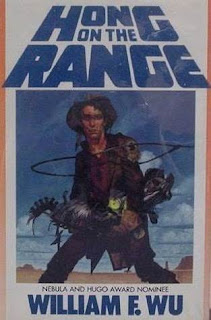To Vanessa Place’s naïve white
defenders, she has become the face of Charlie Hebdo. No matter how insignificant the property or
word (including, yes, the n word),
white people love to demand their right to it if they are feeling denied. They say it’s a matter of freedom of
speech. They say, are we not allowed to appropriate Gone with the
Wind? Are we not allowed to say what is and what isn’t racist? We feel restricted! We are being policed! Why
can’t we write about race? (And to answer your question, of course you can
write about it! As a friend Roger Reeves once said, “You invented it! Write
about it!”). Then they dismiss us as an “outraged
mob.”
How convenient that when a writer
of color speaks out, she is often dismissed as being “outraged.” Implied in that: we are hysterical, reactive,
emotional, not capable of nuance and reason. But I also speak with deep
frustration that in the wake of Kenny Goldsmith and Vanessa Place’s antics, we
are called upon to respond, to react.
I am sick of reacting because yet again,
we have been relegated to the role of chorus.
Even if Goldsmith or Place is being put on trial, as their defenders
like to accuse us of doing, they are still the center of the drama.
Because
really, are we talking about the gross representations of black servitude in GWTW,
or the copyright laws that Place writes of so eloquently in her statement? No. We are talking about them. We are talking about them and free speech. Goldsmith and Place have perfected the
art of the scandal. As Claudia Rankine and Beth Loffredo said we
are most comfortable “talking about race in the language of scandal. We’re all a little relieved by scandal. It’s so satisfying, so clear, so easy.” A scandal is an occasion, that is, it has a
convenient time limit. How easy that race can be an occasion for these white
conceptual poets! How easy to stir up a weeklong cycle of outrage before they
saunter off to the next scandalous issue! We, unfortunately, have to live with it.
